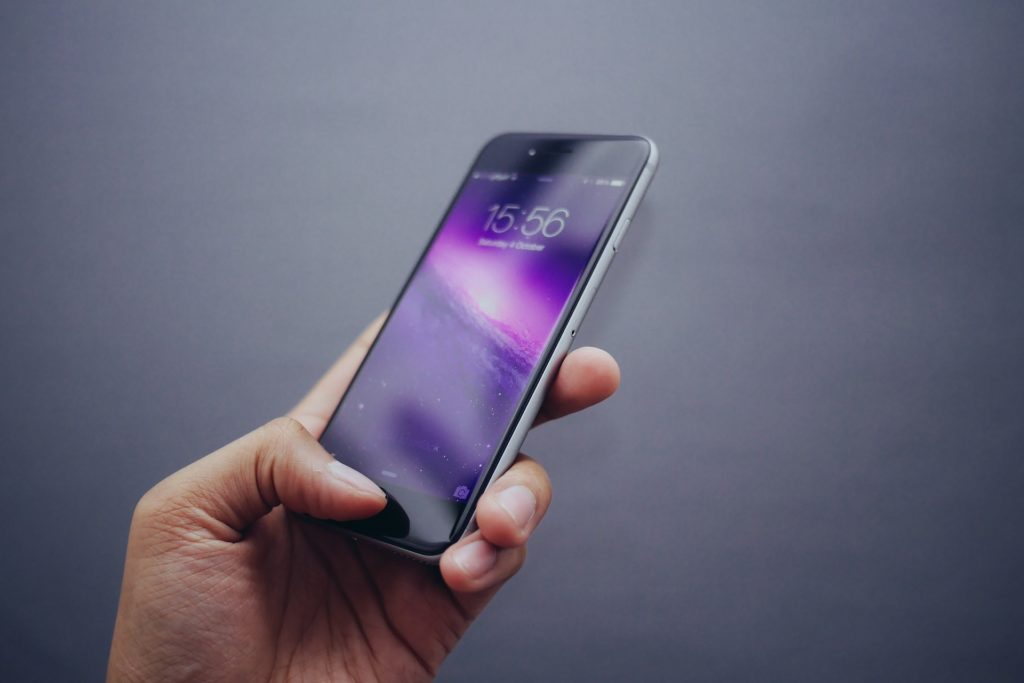At work or on the go, it seems that everyone is attached to their phones these days, and home health agencies stand to benefit by streamlining staff communication via mobile. Given the widespread use of cell phones and SMS texting outside of personal communication, the sooner organizations can implement a mobile strategy, the better.
Eighty percent of people use texting for business, according to a survey of 254 U.S. adults age 18 and over conducted in 2015 by consumer insights platform Instantly and commissioned by cloud-based phone systems provider RingCentral. Meanwhile,15% said more than half of their sent or received text messages are for business purposes.
“Texting has become our primary form of communication,” Stacey Epstein, CEO of mobile messaging app Zinc, said Wednesday during a Home Health Care News webinar. “It’s widespread and affordable. It’s not expensive to text people, and you get a quick response. The same benefits apply to businesses and organizations.”
However, health care-related companies have unique needs when it comes to mobile communication, given sensitivities around personal health information, security, data ownership and compliance, Epstein said. Home health agency workers can’t simply send details about a patient’s case via standard text messaging to another coworker, for example, given the Health Insurance Portability and Accountability Act of 1996 requirements and patient privacy standards.
One home health agency, Summit Home Health Care in Wyoming, wanted to address the challenge of staying compliant while using consumer apps for company communication. Consumer-facing products wouldn’t always allow business associate agreements, or had the potential for patient information vulnerabilities, said Michael Rocha, assistant administrator at Summit.
As such, Summit elected to work with Zinc to implement an app where the company’s 85 workers could text message, send photos, access a directory and more in one safe place, with an interface that mirrors what most users are accustomed to. The transition has allowed Summit to improve operations, accelerate decision-making and enhance coordination, Rocha said. Additionally, it lets different groups keep in touch and share specific information.
“It not only allows them to get the information relevant to them, but also filters out the things they don’t need to see,” Rocha said.
Though discussed originally, Summit doesn’t provide smartphones for its workers, as it was a cost challenge. Purchasing a smartphone isn’t deemed necessary for employees, but very few choose not to have one and use the app, Rocha said.
However, Summit does require that employees keep their devices secure through a passcode or touch identification to protect any information shared. With three branches, Rocha said the agency is small enough to maintain security standards without any extreme measures in place.
Securely messaging via mobile has been quite a savvy investment, too. When taken into consideration that each HIPAA violation can cost thousands of dollars, Rocha said there’s “no comparison” in terms of how much is spent to use the app. Plus, the app is software-based, so it can be updated without new equipment as opposed to hardware-based items.
Written by Kourtney Liepelt




